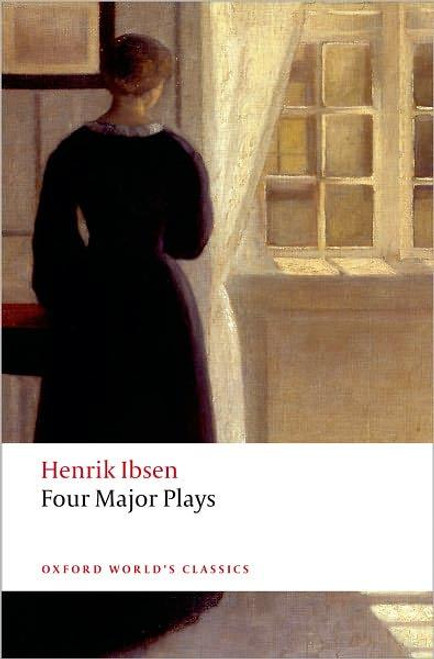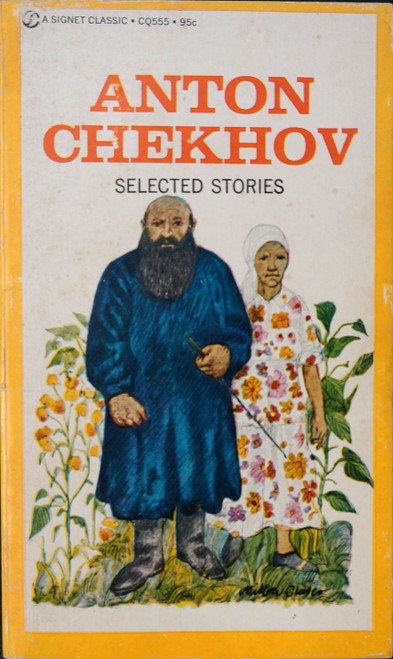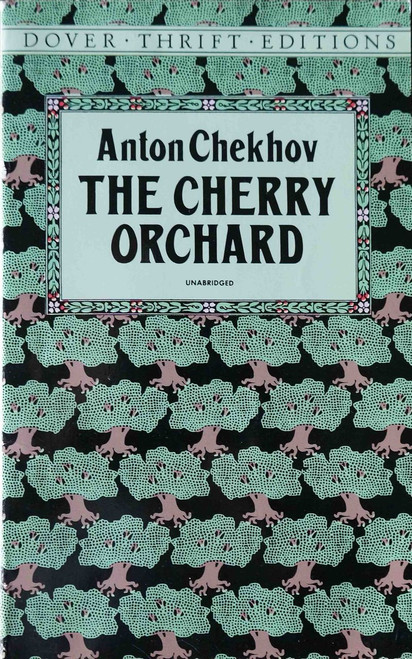"Let the things that happen on stage be just as complex and yet just as simple as they are in life. For instance, people are having a meal, just having a meal, but at the same time their happiness is begin created, or their lives are being smashed up." Thus Chekhov summed up the credo that finds expression in the subtle construction and electrically charged atmosphere of his plays. In these portrayals of human beings trapped in a stultifying environment, victimized as much by their own weakness as by the greed of others, the most casual words and everyday actions assume the import of acts of destiny. Tragedy is mingled with farce, protest wars with resignation, in a world that yields from its darkest despair a singular moral affirmation—an affirmation that stands as the final mark and measure of Chekhov's art. As Robert Brustein declares: "...in the modern theater...there are none who bring the drama to a higher realization of tis human role."
Translated by Ann Dunnigan and Foreword by Robert Brustein
The Plays: Ivanov, The Sea Gull, Uncle Vanya, The Three Sisters, and The Cherry Orchard
About the Author
Anton Pavlovich Chekhov was born in the provincial town of Taganrog, Ukraine, in 1860. In the mid-1880s, Chekhov became a physician, and shortly thereafter he began to write short stories. Chekhov started writing plays a few years later, mainly short comic sketches he called vaudvilles. The first collection of his humorous writings, Motley Stories, appeared in 1886, and his first play, Ivanov, was produced in Moscow the next year. In 1896, the Alexandrinsky Theater in St. Petersburg performed his first full- length drama, The Seagull. Some of Chekhov's most successful plays include The Cherry Orchard, Uncle Vanya, and Three Sisters. Chekhov brought believable but complex personalizations to his characters, while exploring the conflict between the landed gentry and the oppressed peasant classes. Chekhov voiced a need for serious, even revolutionary, action, and the social stresses he described prefigured the Communist Revolution in Russia by twenty years. He is considered one of Russia's greatest playwrights. Chekhov contracted tuberculosis in 1884, and was certain he would die an early death. In 1901, he married Olga Knipper, an actress who had played leading roles in several of his plays. Chekhov died in 1904, spending his final years in Yalta.







